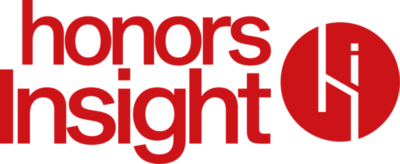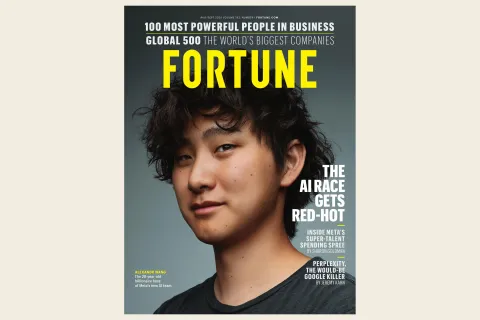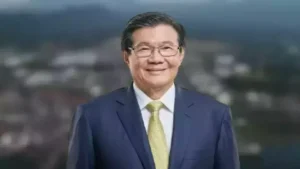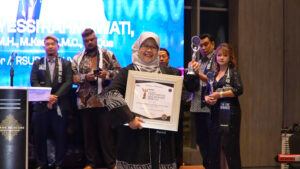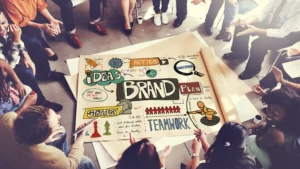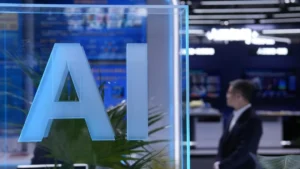New York, United States – The balance of global business power is entering its most volatile period in decades. With wars redrawing alliances, tariffs reshaping trade flows, and artificial intelligence rapidly altering industry norms, the stability of the world’s corporate elite is under direct threat.
Tech investor Vinod Khosla has warned that the 2030s could bring the fastest rate of Fortune 500 corporate collapse in history. “We will see a faster rate of demise of Fortune 500 companies than we’ve ever seen,” Khosla predicted, noting that executive complacency in the AI era could prove fatal.
Already, cracks are visible. Microsoft (No. 22 on the Global 500) has trimmed 4% of its workforce while leaning heavily on AI. CEO Satya Nadella revealed that nearly one-third of Microsoft’s code is now AI-generated, signaling a new industrial norm.
Meta Platforms (No. 41) has gone further. After disappointing early results with its Llama language models, CEO Mark Zuckerberg launched an aggressive recruitment drive, luring away top researchers from Google, OpenAI, Apple, and Anthropic. Compensation packages have reached astronomical sums, including hundreds of millions for some hires. The most dramatic move came with Meta’s $14.3 billion acquisition of half of Scale AI, elevating its 28-year-old cofounder Alexandr Wang as Meta’s first-ever chief AI officer.
Zuckerberg’s audacity has not gone unnoticed. He now ranks No. 3 on Fortune’s list of the 100 Most Powerful People in Business, trailing only Nvidia’s Jensen Huang, who overtook Elon Musk as No. 1. Musk himself has fallen to No. 4, reeling from political missteps and the rising threat of international EV rivals.
Foremost among those challengers is BYD, the Chinese electric vehicle juggernaut that already dominates its domestic market and is now building a massive factory in Hungary. Its European expansion represents a direct assault on Tesla’s supremacy, underscoring the geopolitical weight of China’s industrial ambitions.
The broader context is equally stark. The 2025 Global 500 rankings reflect past performance, but they may soon appear outdated. Wars in Europe and the Middle East, rising protectionism, and the AI revolution all point to a future where today’s titans could be tomorrow’s casualties.
For business leaders, the message is clear: adapt quickly or risk irrelevance. As Khosla warns, the next decade will not only define who survives but also who dominates in a reordered global economy.
